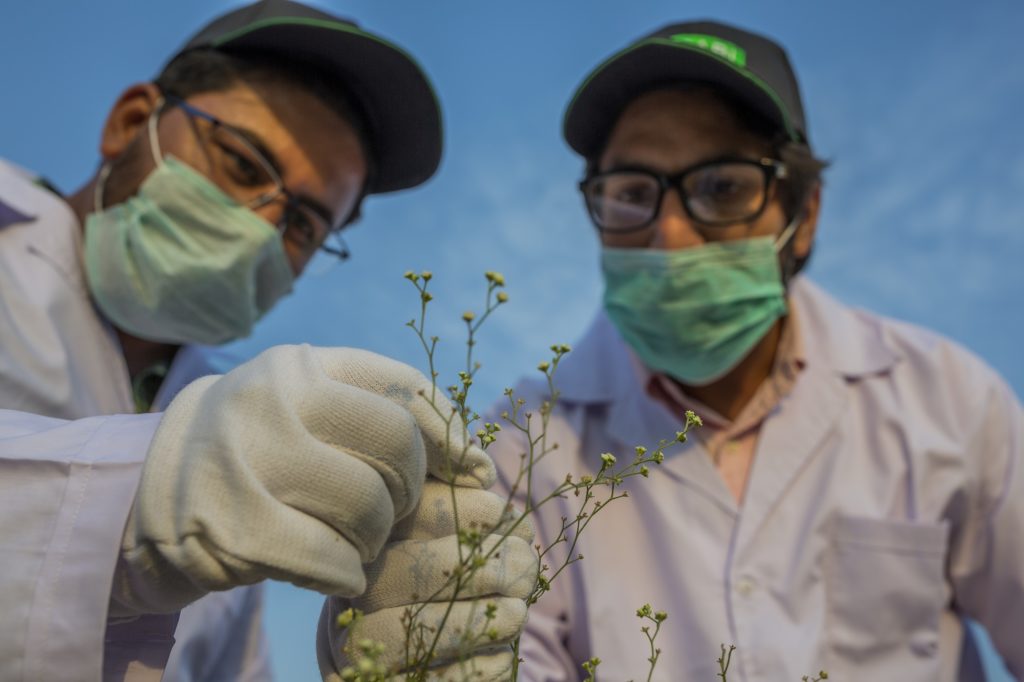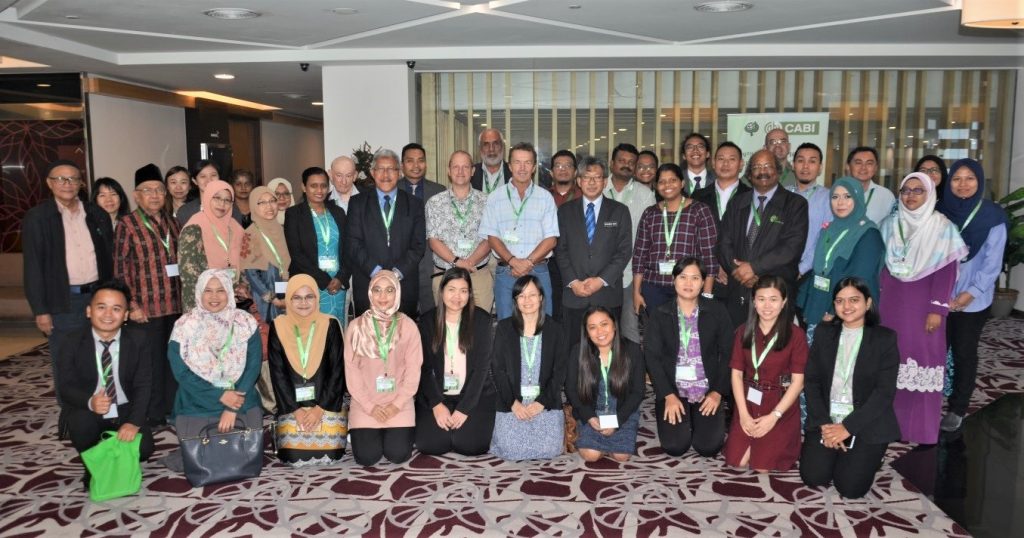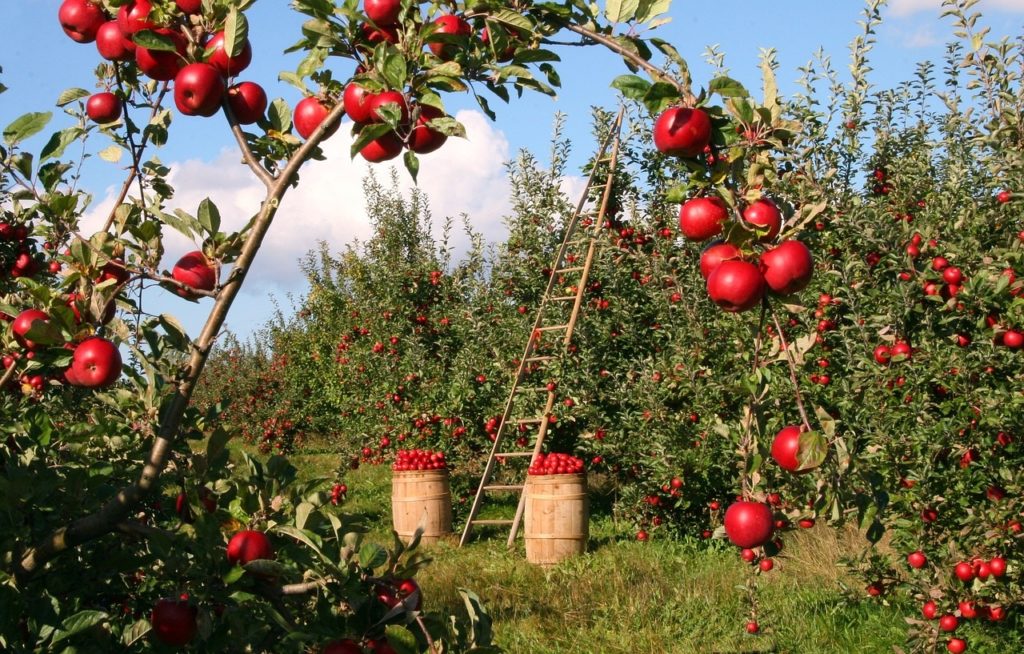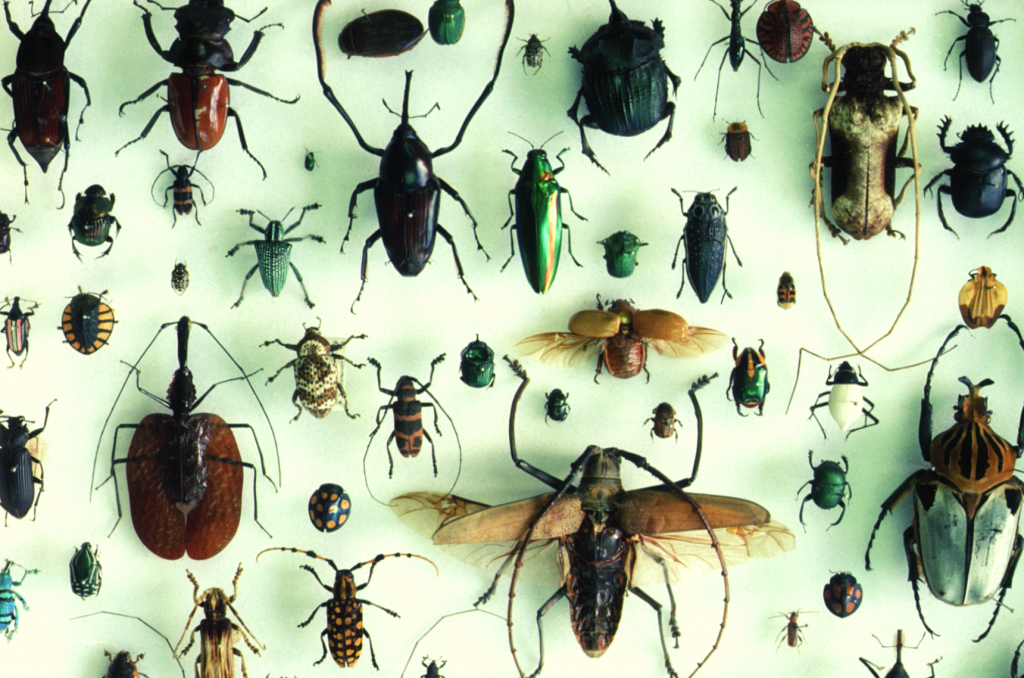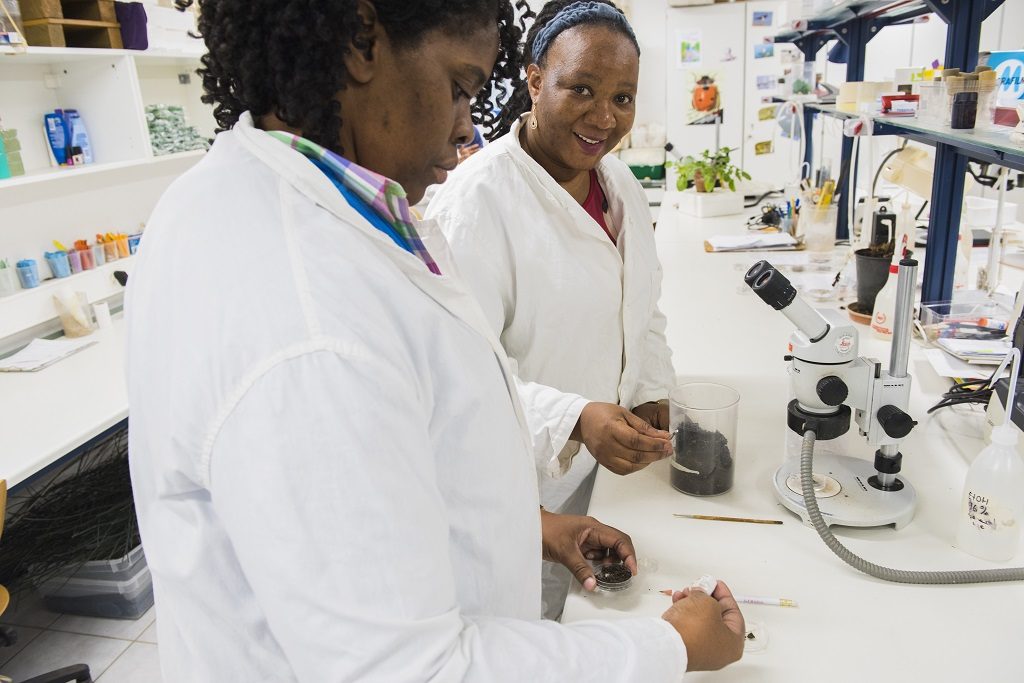Guest blog: ‘Keeping in mind the real use of our research’
In this guest blog, Dr Haseeb Md. Irfanullah discusses the findings of a recent workshop he was a rapporteur of in Bangladesh on the potential impact on policy and practice of agricultural research in the country. A research system is basically made up of four components: accessing, conducting, communicating, and utilizing research. While we often…
In the frame: fighting the scourge of parthenium weed in Pakistan
CABI has recently shared its expertise in a new parthenium evidence note which highlights a list of recommendations to fight the highly-invasive weed can cause severe allergic reactions in humans and livestock, may harbour malaria-carrying mosquitoes, displace native plant species and reduce pasture carrying capacities by as much as 80% to 90%. In this picture…
IOBC workshop focuses on the latest research in the biological control of invasive weeds
By Chan Hong Twu, scientist at CABI Southeast Asia in Selangor, Malaysia CABI Southeast Asia was proud to host the 9th International Workshop on Biological Control and Management of Eupatorieae and other Invasive Weeds where the very latest research on invasive weeds and their biological control agents were shared amongst delegates from 13 countries including…
Phytosanitary Risk Management team share expertise at ESCON 2019
An entomologist from CABI’s Phytosanitary Risk Management (PRMP) team has participated in the International Conference on Environmental Toxicology and Health (ESCON 2019) held in Islamabad, Pakistan. Muzammil Farooq, representing the PRMP team, participated in the event – organized by the Department of Environmental Sciences, COMSATS University (CUI), Vehari campus – by giving a presentation entitled…
Reaping the harvest: Sustainable tea production in India picture special
Recently CABI scientists revealed that India’s tea – which accounts for around 27 percent of the world’s tea production and where in 2016 exports of 232.9 mn kg were worth Rs 4,493 crore, could be protected from devastating crop pests with more environmentally-friendly and sustainable biological controls rather than an over reliance on pesticides. In…
Trichogramma evanescens, a biocontrol agent to control apple codling moth in apple orchards – first record from Pakistan
Apple codling moth and apple spider mites are one of most serious pests of different fruits, especially its deleterious effects on apple trees, which poses economic threat to apple production in the region. Codling moth was recorded as the most serious insect pest of the apple industry in Balochistan when the project conducted a baseline survey in…
When a Hollywood star came to CABI
The online market place goliath, and newly emerging leader in film and TV programme production, Amazon, visited CABI’s centre in Egham, UK to shoot footage for a new Amazon Prime Original series called This Giant Beast that is the Global Economy. The globe-spanning docuseries brings the smart, stylized storytelling of Adam McKay’s The Big…
Why a global insect decline affects us all
Insects crucial for ecosystem functioning and food production A comprehensive review of insect declines around the world gives a stark picture of the scale of the declines and the consequences both for ecology and human welfare. The paper, published in Biological Conservation, warns that 40% of the world’s insect species could become extinct within a few…
Meet the ‘sorcerer’ and her ‘apprentice’ – just two of CABI’s trailblazing female scientists
To mark the UN’s International Day of Women and Girls in Science we take a look at how two generations of female scientists are coming together to tackle non-native invasive weeds and help reduce environmental degradation Meet the ‘sorcerer’ and her ‘apprentice’ Dr Carol Ellison, a plant pathologist at CABI, and Project Scientist and PhD…
“The future for women (in science) is ours to conquer”
To mark the forthcoming UN International Day of Women and Girls in Science (11 February 2019), we speak to some of CABI’s women working in science. In this blog Catherine Mloza Banda, a Development Communications Specialist – Invasive Species Management, reveals the motivation and inspiration behind her career in science communications and says ‘the future for women (in science)…



